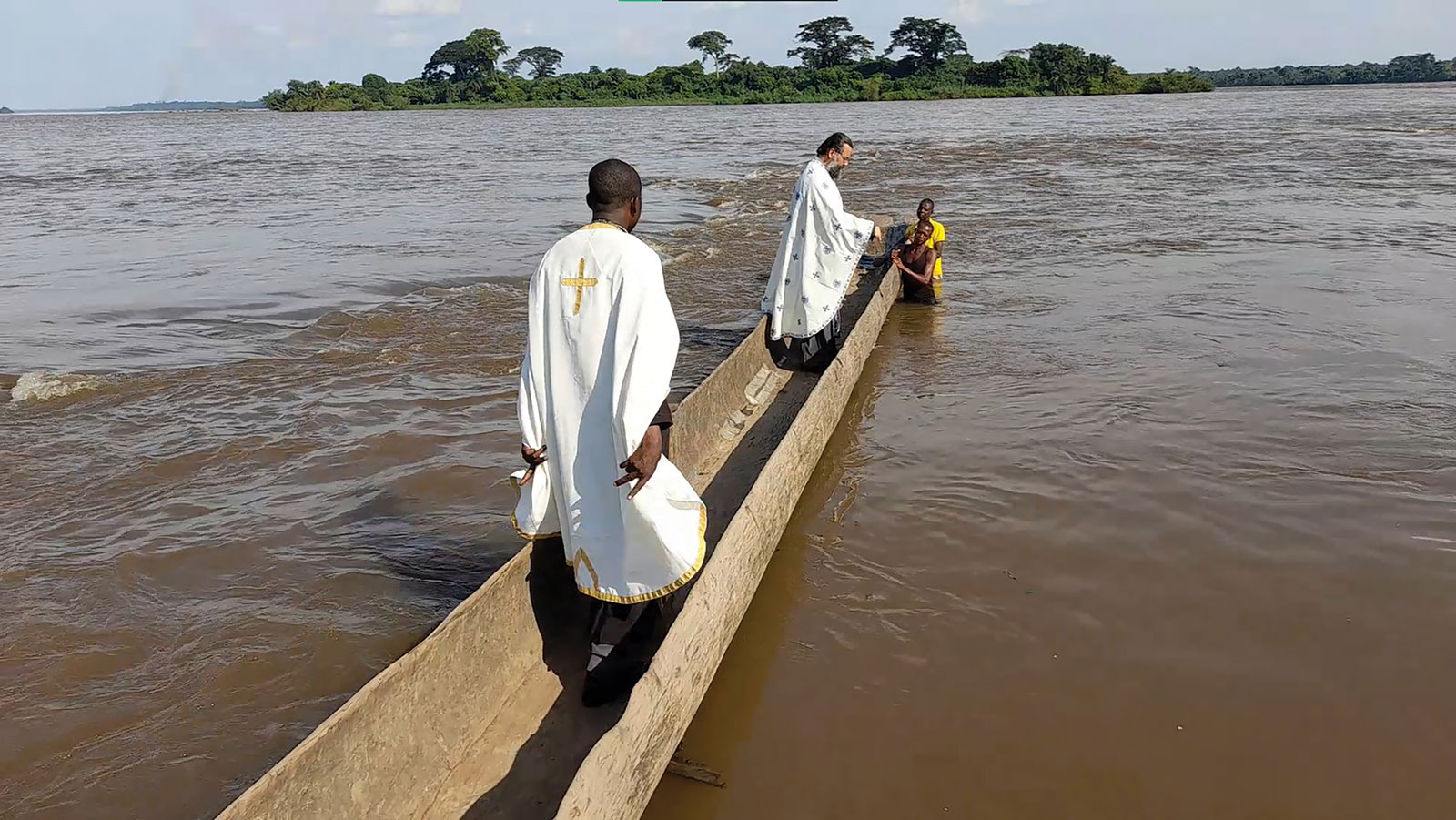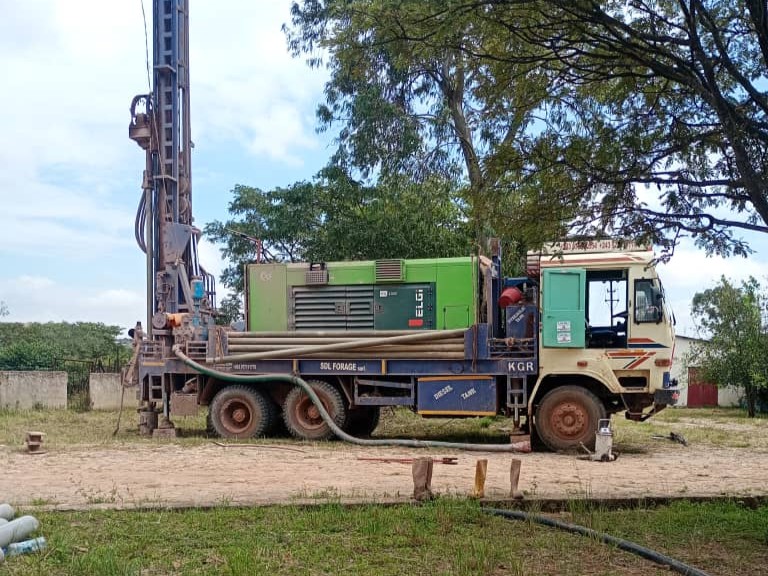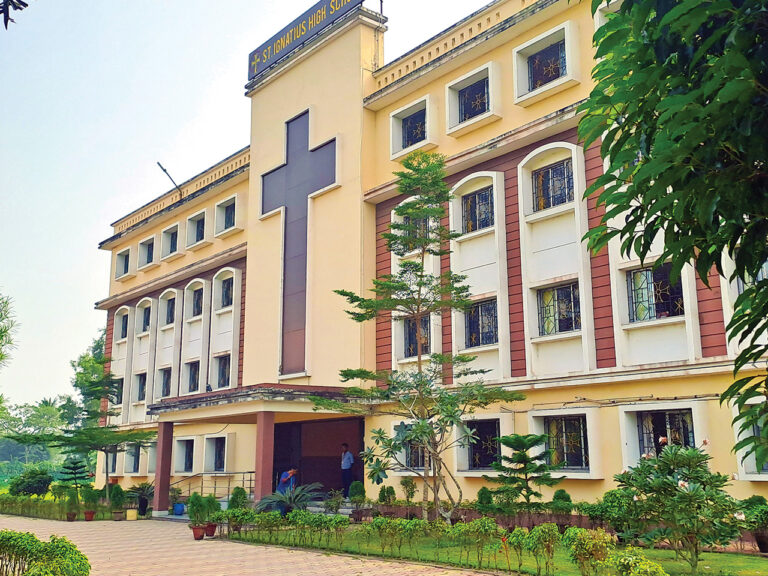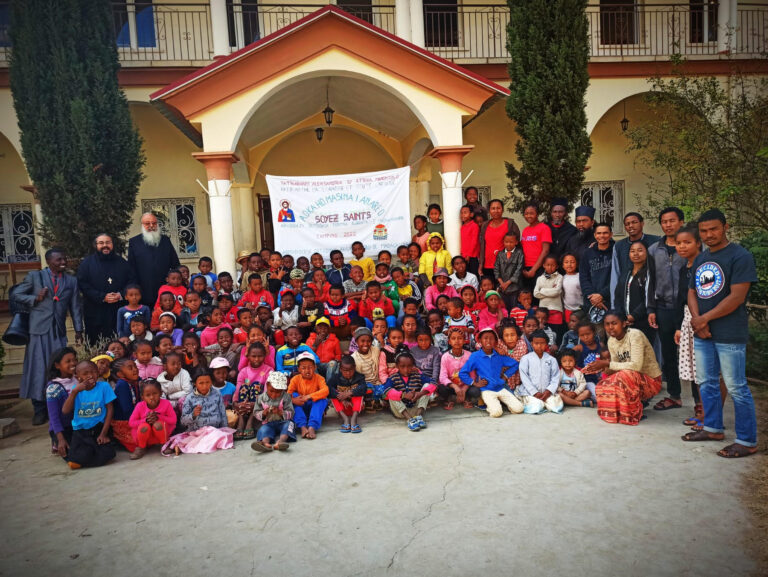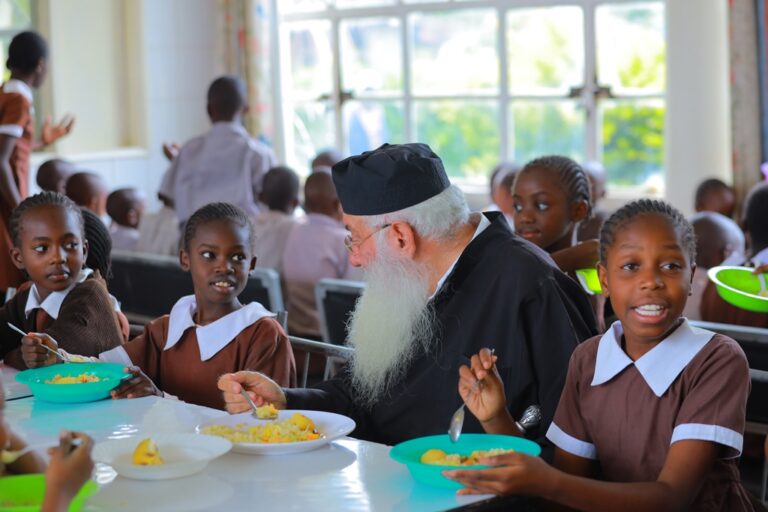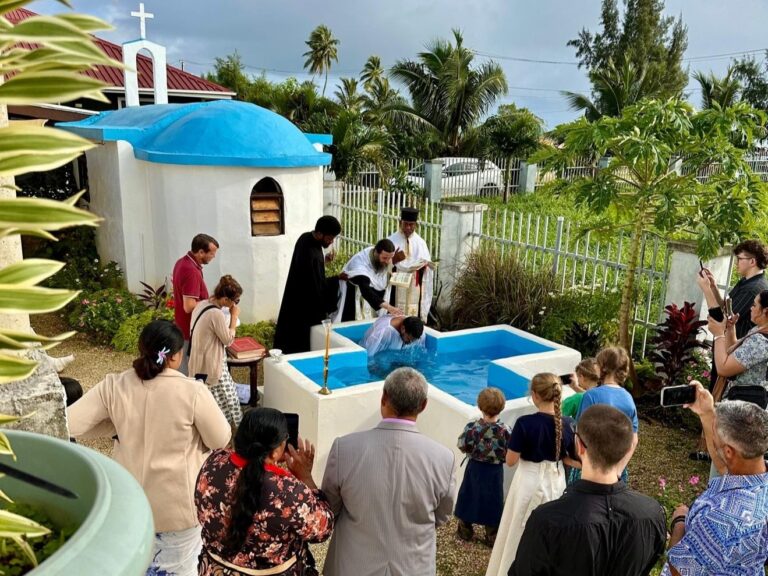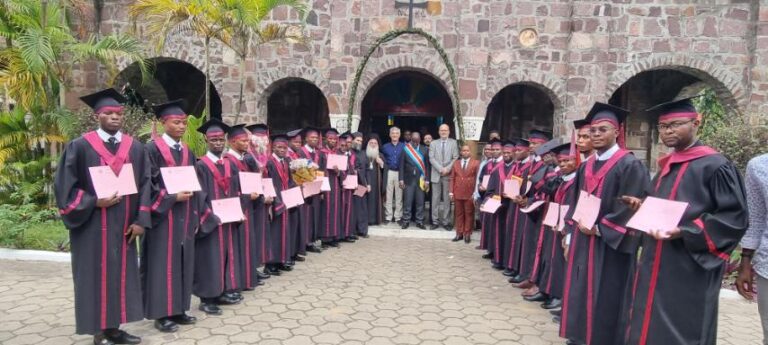Another place of martyrdom
“Following CODECO’s massacre of 17 civilians in Djugu, ADF terrorists in turn killed mercilessly 11 Congolese in Irumu. Faced with the silence of the state authorities, Ituri continues its descent into hell. Mined by local and foreign militias, the area has become a real site of bloody raids, as has North Kivu. … On Sunday, May 12, in Djugu territory, the local CODECO militia, which returned from Kinshasa following the call of the President, executed 17 hostages it had just kidnapped the day before. They were essentially innocent civilians, among them a traditional leader, who had nothing to do with the war. Being totally defenseless, they fell into their trap. The following Monday, May 13, ADF jihadists attacked the village of NDIMO, in Irumu territory, in the same province. Here they also executed 11 civilians, including 6 women, 4 men and an infant. 11 civilians were killed and 5 houses were burned down by ADF after the commander’s visit. ….. Ituri and North Kivu are two provincial entities that have been suffering from this situation for years…” (source: https://partisan-rdc.net/ituri-apres-le-massacre-de-17-civils-par-la-codeco-a-djugu-les-terroristes-adf-egorgent-a-leur-tour -11-autres-congolais-a-irumu/)
It was the first time I had traveled around the wider area of Ituri then, about a year ago. In the villages of Lake Albert, 50 km away from Bunia, with my dear friend and father, who stood by me in the first days when I visited the place, the dear and late now George Choriatelis. In the borderland of the Congo, from where the famous explorer Stanley- whose name had been honorably adopted by the whole wider region of the Grande Orientale of the Congo- began his activity, and here where the fate of that place was finally decided by the same person so as to fall into the colonialist hands of the West and specifically, into those of the Belgian King Leopold II. A colonialism which undoubtedly organized and gave a state structure and status to the place, but also stigmatized, as colonialism almost always does, the modern European history burdening on its shoulders another dark past of a harsh period of exploitation of the African world in the name of civilization, indeed in the name of Western Christianity. A history which, despite all this, never penetrated the Greek blood, which even here in Africa, has left beautiful moments of a philanthropic past, of the very large and famous Greek Communities of our country in the cities of Kisangani, Bunia and Iziro. After all, we should not forget as Greeks that we were until recently under the yoke of the Ottoman world, which caused our nation endless pain and unbearable suffering.
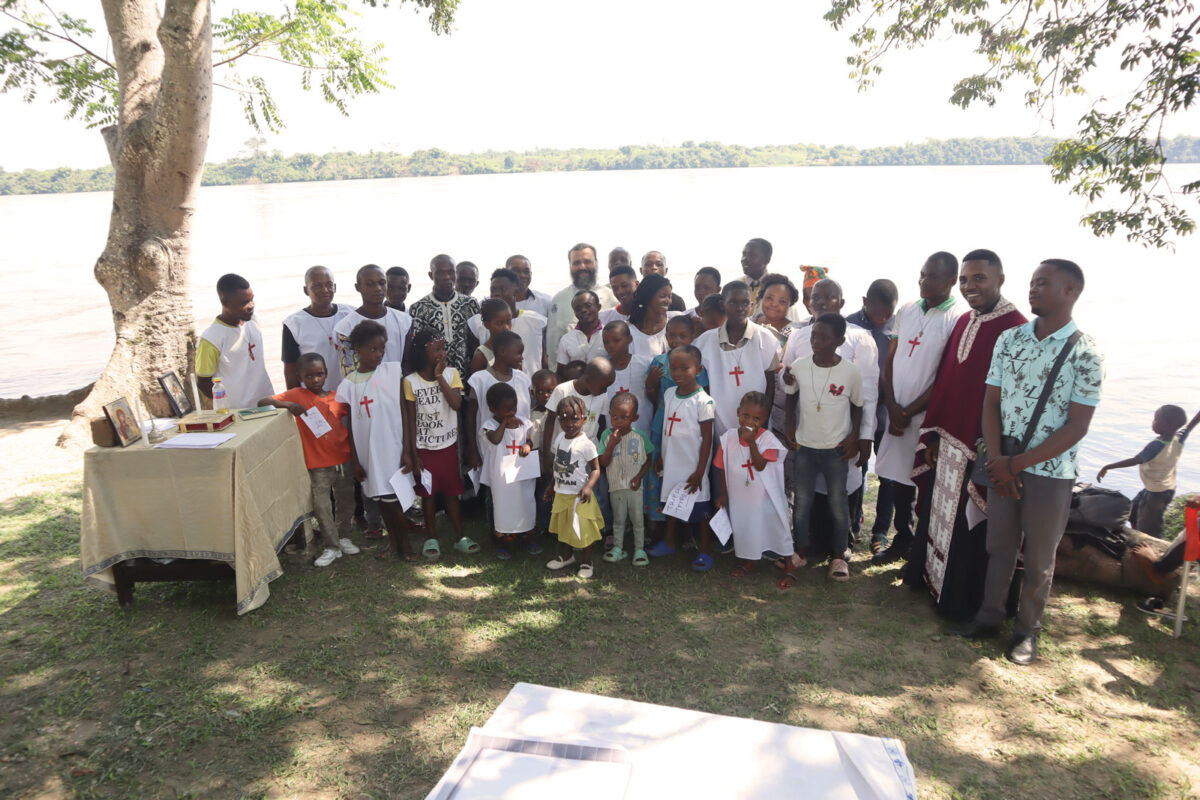
It is with emotion that we view Lake Albert as the starting monument of this famous, “exploration” of the Congo by Stanley, so, we are on our way there. Lake Albert is a monument now lost in the weeds, proof of the sad, “glorious” past of the West in this place.
On the southernmost shores of Lake Albert, a few tens of kilometers away from the center of civil wars, such as the one described at the beginning of this text, are the capital villages of Kaseni and Tsomia, where the local Greeks, who arrived here mainly during the post-war period, were active for decades. Despite the fact that the presence of Hellenism here was very peaceful and their economic activity was painless for the natives and beneficial for the economic development of the place, the unjust looting from 1960 onwards, led the vast majority of Hellenism to the path of return to their Homeland. Nevertheless, when one finds oneself in Lake Albert, one will definitely feel a fresh sea breeze in its lakeside waters, which reminds you of the Greek coastlines and awakens memories of the Greek past in this place as well.
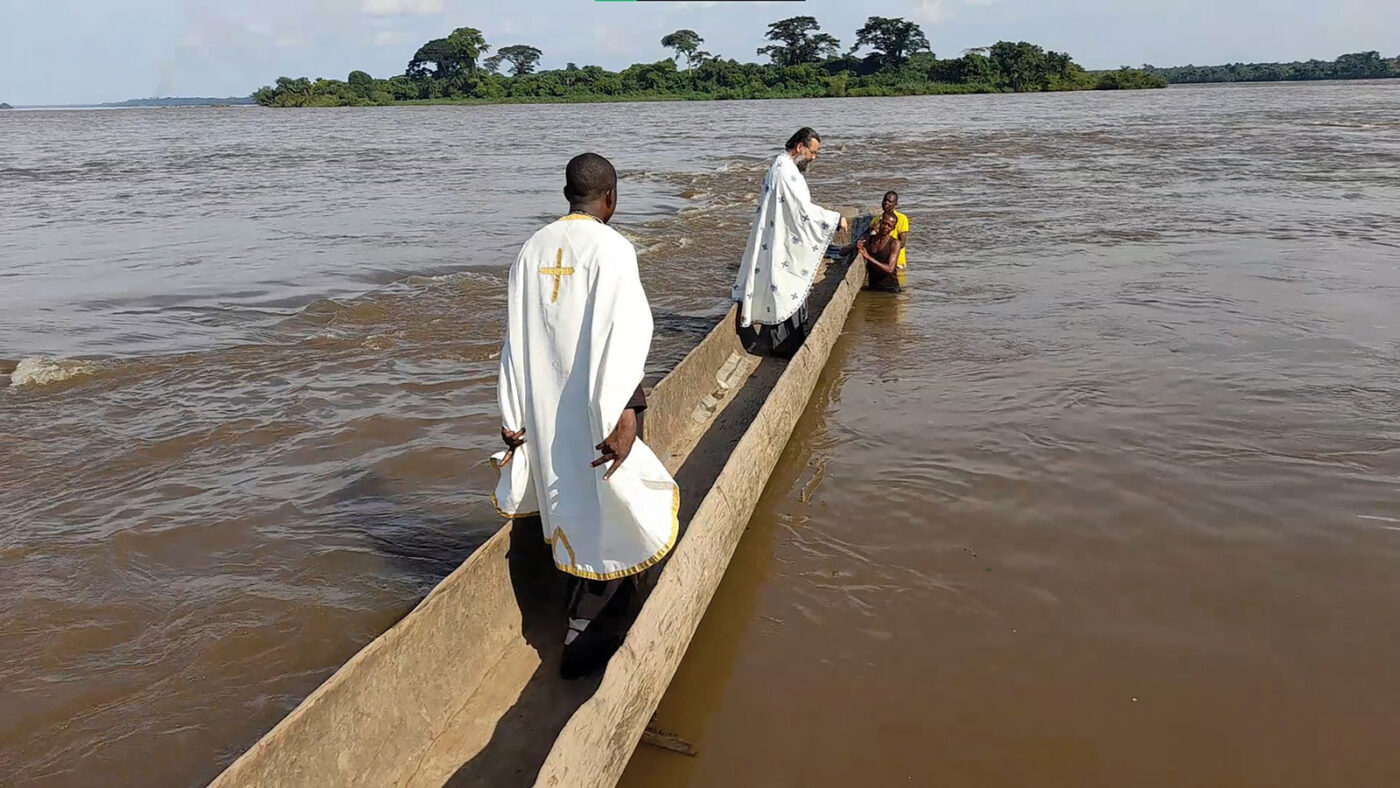
The founder and builder of St. Nicholas Orthodox Church in Bunia is the late Hieromonk Polykarpos, another voice that I personally feel, every time I see his grave in front of the Church sanctuary, calling me from the past. He asks me not to leave his place desolate and helpless, but also to care for the children of our Greeks who were left alone here; perhaps dark in color, but with the same Greek blood running in their veins to this day.
There in the lake, the first thing that your eyes fall upon is two huge refugee populations. There lies the pain of this land: children without parents, parents without their children. In the name of long-term civil wars, which hide almost undisclosed geopolitical, economic and even religious interests, these thousands of displaced people from their place and within their place, move your heart, however hard and used it may be, to feel pity and sympathy for these people. How many tears and how much pain is hidden within these martyrical structures! How much anxiety must a new Bishop rightly have facing these people when confronted with the question:
“Will I be able to give something to these people in the few years of my life left, even if that is a glass of cool, clean water?’
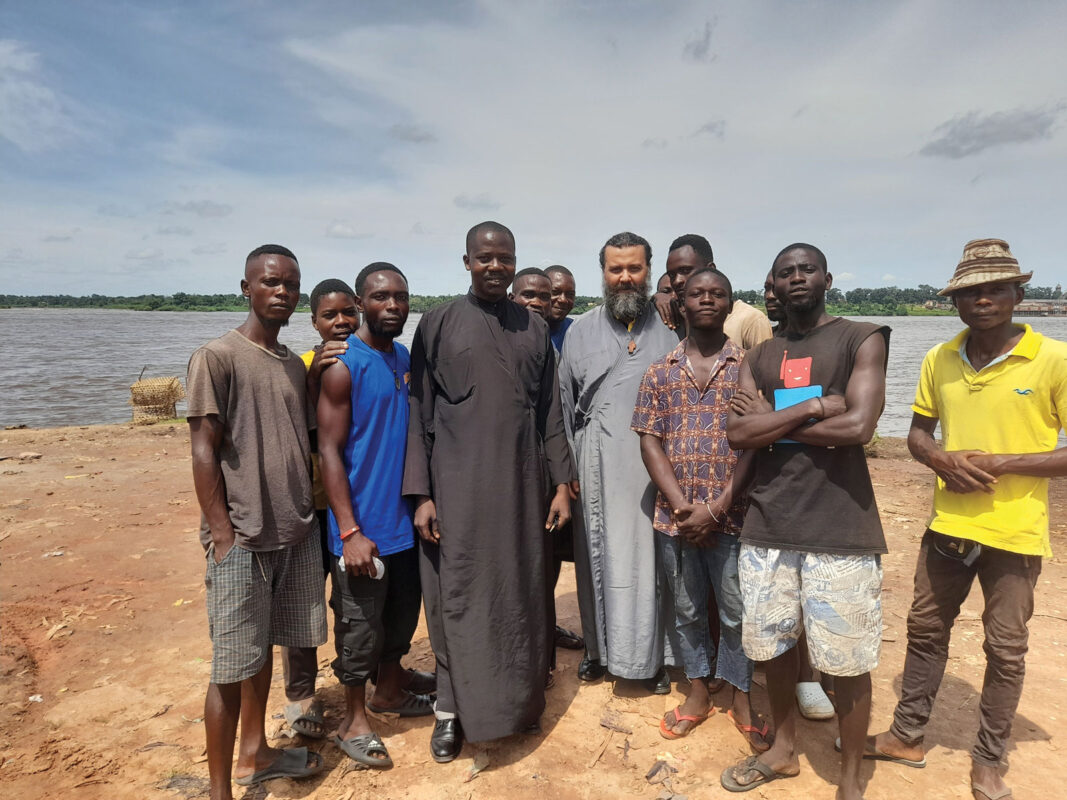
My dear brothers, this is the world I have been sent to serve. Not to impose anything, but to embrace it with all its weaknesses. The path of giving to fellow human beings is a difficult one, especially if one considers that on this path, one has to face, first of all, one’s own self.
In this area we have already started the construction of a well in order to supply drinking water to the residents, since despite the presence of the lake, the water is not clean on the surface and in the upper layers of the soil (the water there is strongly brackish). It is here that with the help of God, we will also begin the construction of the first Orthodox Church in the area, in memory of all the Greeks who lived in this place and for the spiritual help of the suffering natives who also found themselves here, forcibly displaced within their own homeland. We intend to construct a school for the refugee children as well as a small building to accommodate the volunteers willing to come in the future for missionary ministry in our land.
My question and concern is the one I wrote you before. The Orthodox Missionary Fraternity of Thessaloniki has stood by my side in my humble struggle all these years. Now it stands by the side of all of us, because as a Bishop, I must not even let myself feel alone here. After all, this is the meaning of the position of a Bishop.
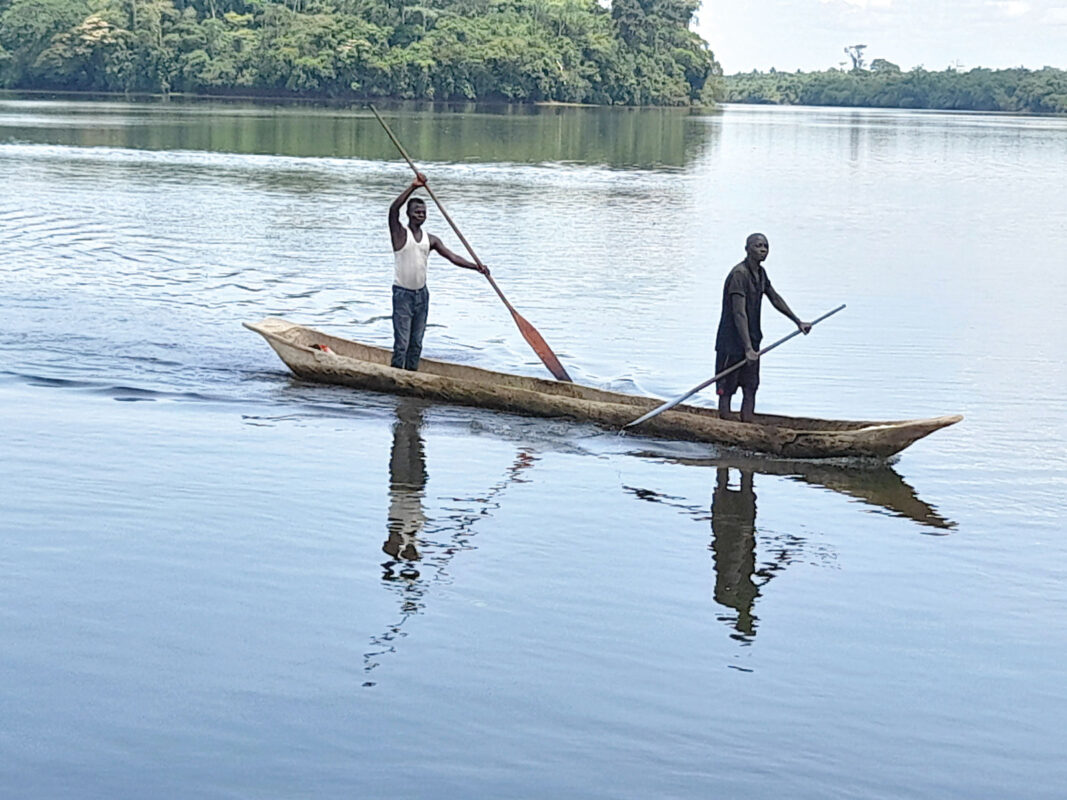
My beloved brothers, please pray for this because in this world, loneliness means failure. This is so because around us the world is full of people waiting for us. Yes, it’s them, the children on the streets, in the refugee camps, the parents who tearfully and anxiously talk to you about their pain, the soldiers in the streets, who despite all the cruelty of their lives, greet you respecting your missionary property, the few Greeks who with simplicity still fight and endure here, our departed, whether Greeks or natives, who many times you think they want to rise from their graves to thank you for the fact that even now, after so many years, you threw a merciful glance at their land; to finally tell you:
“Stay in this land. We are close to you. We, the Congolese, the Greeks, your brothers. However tough our land may be, it is the place of our martyrdom;drenched with our blood, which is joined here, beneath this blessed earth.
Another place of martyrdom.
“Stay in this land. We are close to you. We, the Congolese, the Greeks, your brothers. However tough our land may be, it is the place of our martyrdom;drenched with our blood, which is joined here, beneath this blessed earth.
Christ is Risen!
† Polykarpos of Bunia, Kisangani and Eastern Congo

